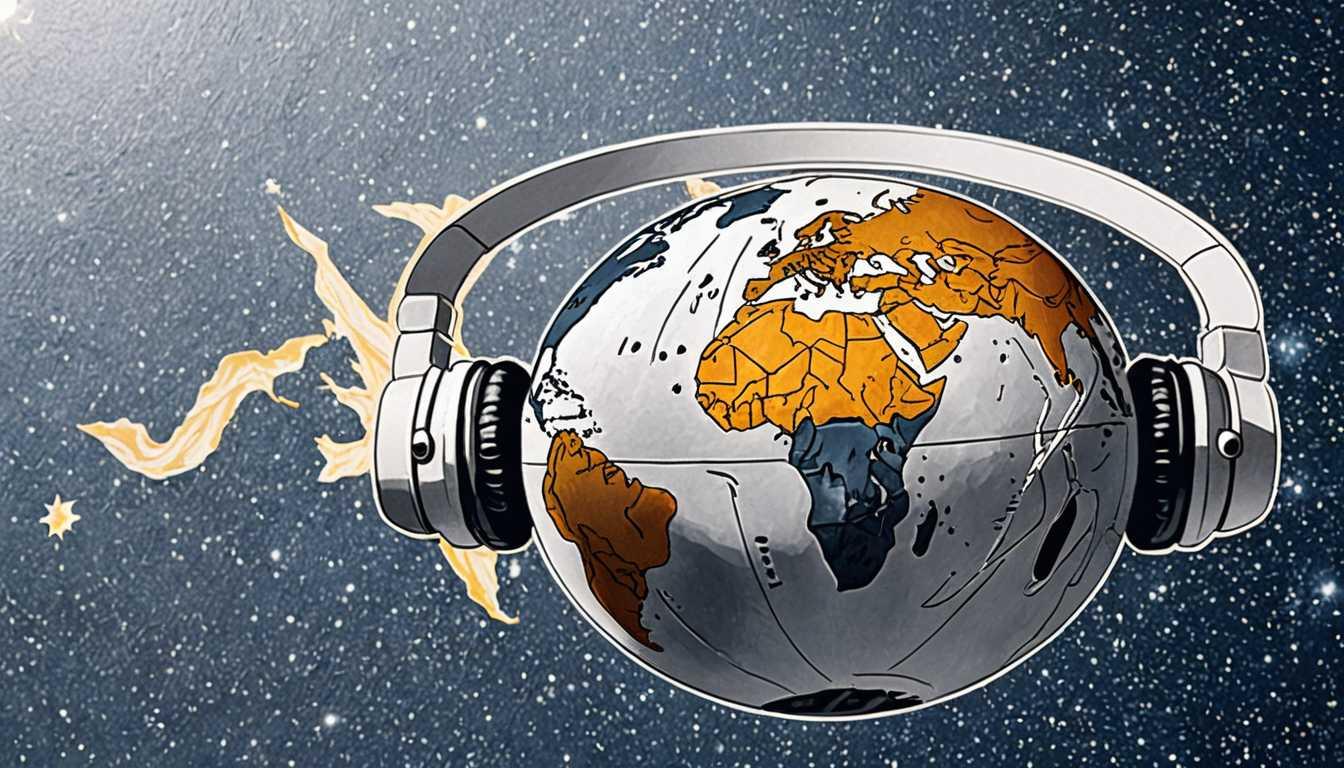When AI Food Looks Yummier
March 2024
University of Oxford
Introduction
Dive into the delicious world of AI with Oxford's latest scoop: AI-generated food images are outshining real ones in the yum-factor! Ever wondered why that digital slice of pie looks more appetizing than the real deal? It's all about the perfect gloss and ideal angles. Discover how AI tweaks images to make your mouth water, and why this might not always be a good thing. Get the full tasty tale from the University of Oxford's researchers!
READ FULL ARTICLEWhy It Matters
Discover how this topic shapes your world and future
Feast Your Eyes on Future Flavors
Imagine a world where the pictures of food you see aren't just snapshots taken with a camera, but creations crafted by artificial intelligence (AI) to look even more delicious than the real thing. This is not just about making food look good; it's about understanding how images influence our eating habits, preferences, and even food production. The fact that AI-generated images can appear tastier and more appealing than actual photos of food opens up a discussion about visual hunger, where just seeing tasty-looking food can make us feel hungry. This phenomenon could affect how we choose what to eat and push us towards unhealthy eating habits if we're not careful. Moreover, this technology could shift the standards of how natural foods are supposed to look, potentially impacting sustainability efforts and global consumption patterns. For you, understanding this could change how you see the ads on your screen and make you more conscious of the food choices you make.
Speak like a Scholar
Artificial Intelligence (AI)
A branch of computer science dedicated to creating systems that can perform tasks that normally require human intelligence. Examples include understanding language and recognizing images.
Visual Hunger
A term used to describe the phenomenon where seeing images of food can trigger hunger and cravings, even if we're not actually hungry.
Sustainability
Involves using resources in a way that does not harm the environment and ensures availability for future generations.
Energy-Dense Foods
Foods that have a high number of calories per serving. These often include fast food and desserts with high sugar and fat content.
Cue-Induced Eating
Eating triggered by environmental cues, such as seeing or smelling food, rather than by hunger.
Symmetry in Images
Refers to a balance and harmony of visual elements that are appealing to the human eye. In food imagery, symmetry can make the food look more attractive.
Independent Research Ideas
Impact of AI-Enhanced Food Imagery on Childhood Obesity
Investigate how exposure to highly appealing, AI-generated food images could influence eating habits among children and potentially increase obesity rates.
AI and Food Marketing Ethics
Explore the ethical implications of using AI to enhance food images in advertising. Is it fair to consumers? Does it lead to unrealistic expectations about the products?
Sustainability and Consumer Behavior
Study how AI-generated images of 'perfect' foods might affect consumer choices and preferences, potentially leading away from accepting naturally imperfect but sustainable food options like 'ugly' fruits and vegetables.
Psychological Effects of Visual Hunger
Delve into how constant exposure to highly appealing food images affects mental health and eating behaviors. Does it contribute to disorders or unhealthy eating patterns?
Technological vs. Traditional Food Photography
Compare the effectiveness and consumer response to traditional food photography versus AI-generated images. Which method leads to higher sales and more engagement from consumers?
Related Articles

Rebelling Against Junk Food: A Teen's Guide
April 2019
Science Alert

Betting Big on Super Bowl: Problem or Play?
February 2024
University of California

The Power of Awww: Decoded
May 2023
University of Maryland

Music: The Universal Language of Personalities
February 2022
University of Cambridge

Spin to Win: The Chance of Promotions!
May 2024
Cornell News Highlights